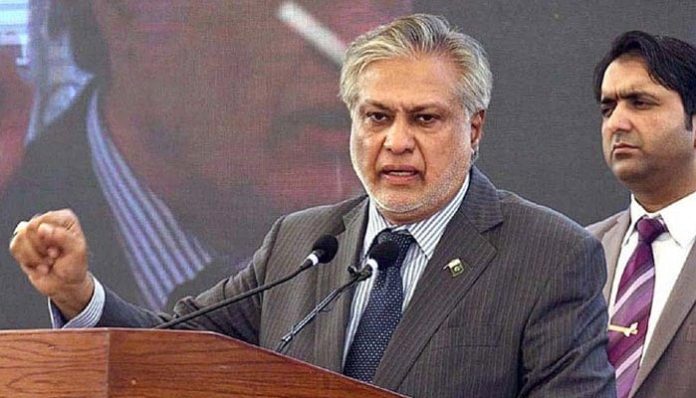Pakistan’s Finance Minister, Ishaq Dar, announced that the country will share its upcoming budget details with the International Monetary Fund (IMF) in order to unlock stalled funds. The hopes for a resumption of an IMF deal are diminishing, as the bailout program agreed in 2019 is set to expire on June 30.
Dar expressed his desire for the IMF to complete its 9th review before the budget, which is scheduled to be presented in early June, as all the necessary conditions have already been met. The IMF funding is crucial for Pakistan, which is facing a severe balance of payments crisis and a potential sovereign default, although the minister dismissed such concerns.
Pakistan’s economy has slowed down, with an estimated GDP growth of only 0.29% for the 2022-2023 fiscal year. The country’s foreign reserves have significantly decreased and can barely cover a month of controlled imports.
Dar mentioned in an interview that the IMF has requested additional information, including budget details, which Pakistan is willing to provide. However, he expressed disagreement with the IMF combining the 9th and 10th reviews of the bailout, deeming it unfair and stating that Pakistan will not comply with such a request.
The IMF’s funding of $1.1 billion to Pakistan, part of the $6.5 billion Extended Fund Facility agreed upon in 2019, has been delayed since November. In February, Islamabad hosted an IMF mission to negotiate fiscal policy measures for the 9th review, which included actions like reversing subsidies, raising energy and fuel prices, implementing a market-based exchange rate, and generating new taxation.
These fiscal adjustments have contributed to Pakistan experiencing its highest inflation rate ever, reaching 36.5% year-on-year in April.


